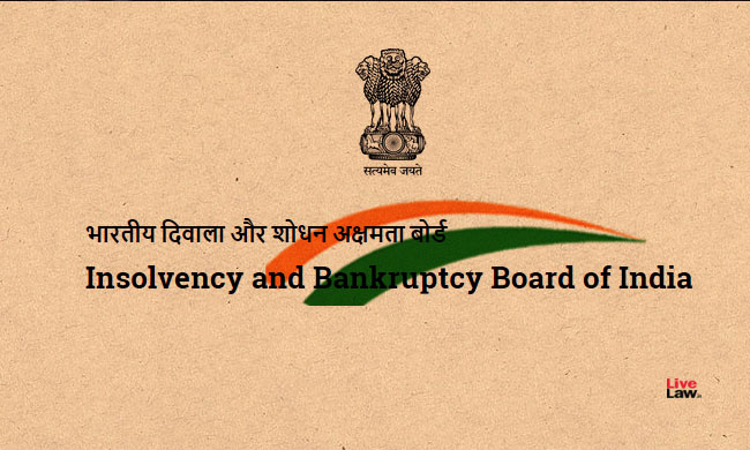IBBI Committee Proposes Framework For Voluntary Mediation Under IBC
Pallavi Mishra
16 Feb 2024 6:30 PM IST

Next Story
16 Feb 2024 6:30 PM IST
The Insolvency and Bankruptcy Board of India (“IBBI”) has published a report dated 31.01.2024 on “Framework for Use of Mediation under the Insolvency and Bankruptcy Code, 2016”. The Report has been prepared by an Expert Committee constituted by the IBBI and the Report contains recommendations on framework for introduction of voluntary mediation, as a complementary...
